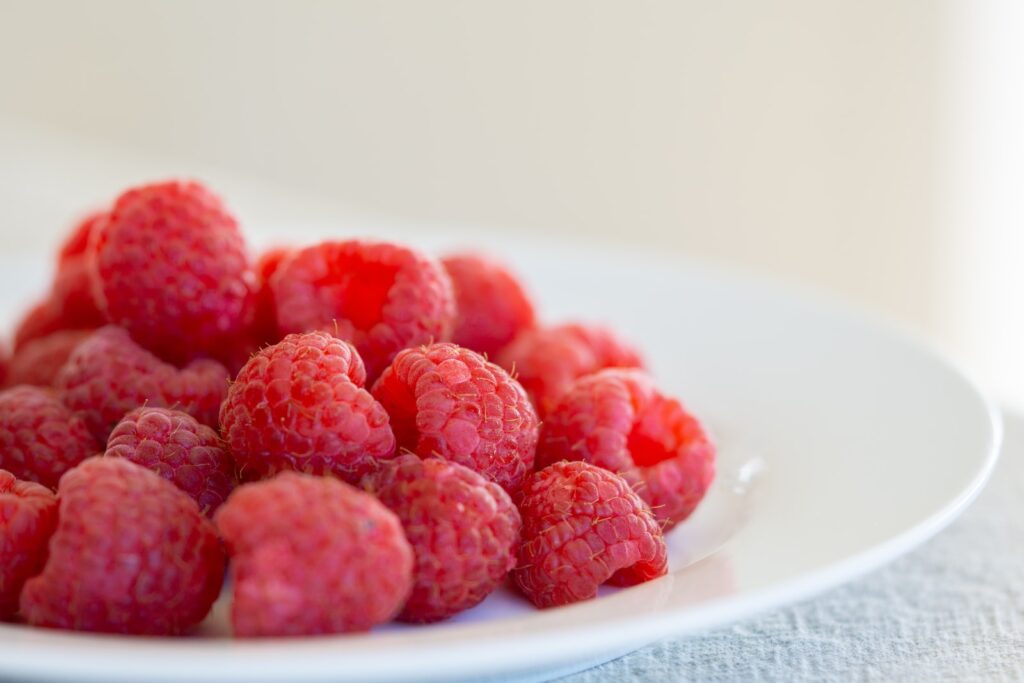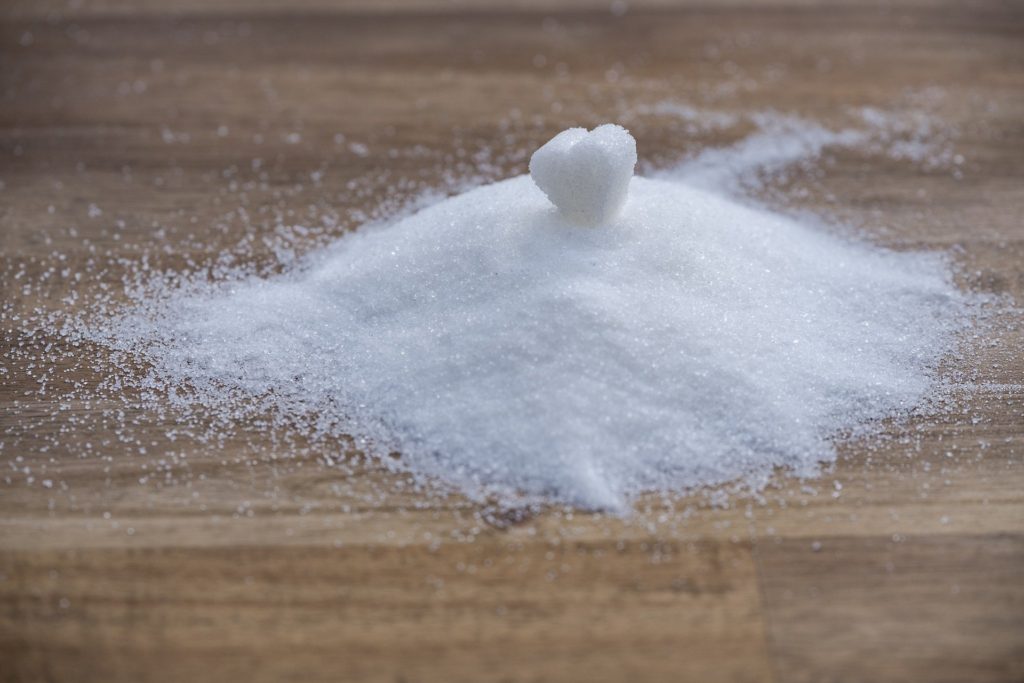Keto isn’t bad for your liver if you don’t eat too much protein.
If you don’t know what keto is, a keto diet is a low-carb, high-fat diet that forces the body to burn fat instead of glucose for energy.
In other words, you eat fatty foods and protein in large amounts to induce ketosis.
This process speeds up the production of ketones, a type of alternative fuel for the body.
However, if you have read about other low-carb diets before, you might have seen mention of the risk of an unhealthy liver.
Should you be worried?
Read on to find out more about whether or not a keto diet can harm your liver, and what changes you must make to keep yours healthy.
What Is a Healthy Liver?
The liver is a key organ of the human body. The liver is responsible for several important functions, including balancing the blood, production of blood, & storage of vitamins and minerals.
Your liver is also the key organ that processes toxins, including alcohol and medications.
How Does a High-Fat & High-Carb Diet Affect the Liver?
When you eat a high-fat, high-carb diet, your liver produces more cholesterol and triglycerides. These substances build up in your liver and can cause fatty liver disease.
This is why many people who follow a high-fat, high-carb diet also develop fatty liver disease.
How Does a Ketogenic Diet Affect the Liver?
The ketogenic diet affects the liver by using the excess fat in the liver as fuel, which clears out the liver. However, some studies found that a ketogenic diet with small amounts of vegetables may actually cause a fatty liver through diffusion.
This is because on a “dirty” ketogenic diet with small amounts of vegetables, the fat you eat will diffuse into your liver.
To protect this from happening, you must eat at least 6 cups of vegetables per day. The vegetables you eat will protect your liver from getting “fat-diffused” through their citrates, nutrients, electrolytes, & vitamins.
If you find it hard to eat vegetables on a keto diet, try these ways to “sneak” them in:
- Vegetable Shake — Mix vegetables, like kale, cucumbers, spinach, etc, into a blender with some lemon juice, ice, & water, & enjoy a refreshing, & liver-protecting shake.
- Dips — Dip your vegetables, like carrots, into dips like hummus to make your vegetables tastier. Another benefit of using hummus is that it is made of vegetables!
- Steamed Vegetables In a Meal — Steamed vegetables, like spinach, go great with a fatty, saucy, protein & vegetable meal.
Also, when your body is running on ketones, it doesn’t have to process glucose anymore.
This can help your body clear out fat & toxins from your liver and lose weight because the glucose that your liver used to process is now gone.
Is Keto Bad for Your Liver?
No, keto isn’t bad for your liver as it forces your body to burn the excess fat in your liver. However, a study found that eating a ketogenic diet without a lot of vegetables caused fat to diffuse into the liver. To prevent this, eat around 6 cups of vegetables per day as they protect your liver.
The phytonutrients inside of the vegetables protect your liver from becoming damaged on keto, so eat around 6 cups of vegetables per day.
Conclusion
Livers are designed to process toxins and break down nutrients in the blood, but they can also be damaged by a high-fat diet & alcohol consumption.
If this happens to you, you can reverse the damage by going on a healthy, high-vegetable keto diet.
There are many benefits of following a low-carb diet, including weight loss, improved blood sugar and insulin regulation, better mood, and immunity.
But you must follow it healthily, with a lot of vegetables, so your body stays protected.
If you’re interested in starting the keto diet, here’s an article explaining the keto diet & how to get started.
Hope this helped!
- Can You Still Lose Weight If You Aren’t in Ketosis? - February 8, 2023
- Can the Keto Diet Help With Depression? - February 8, 2023
- Why Does Processed Food Make You Fat? - January 2, 2023




